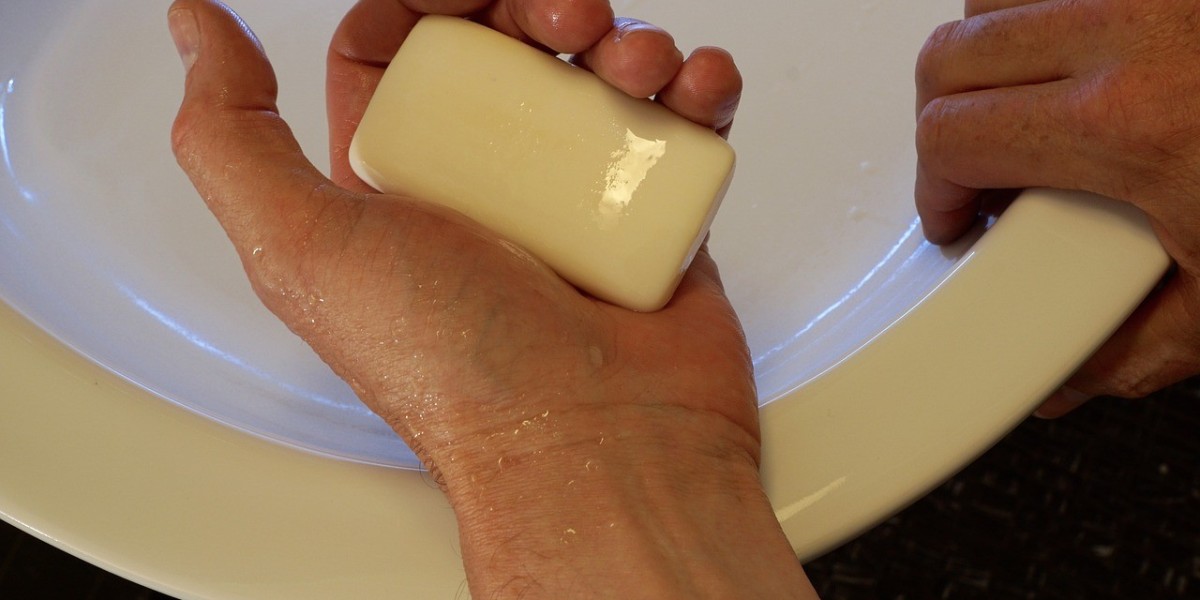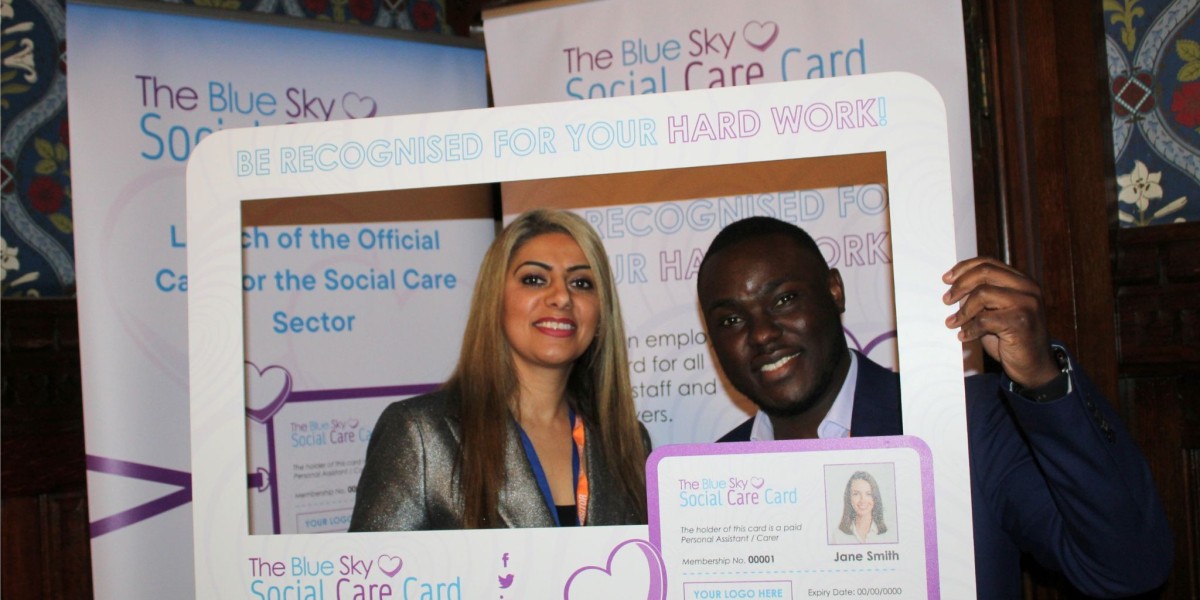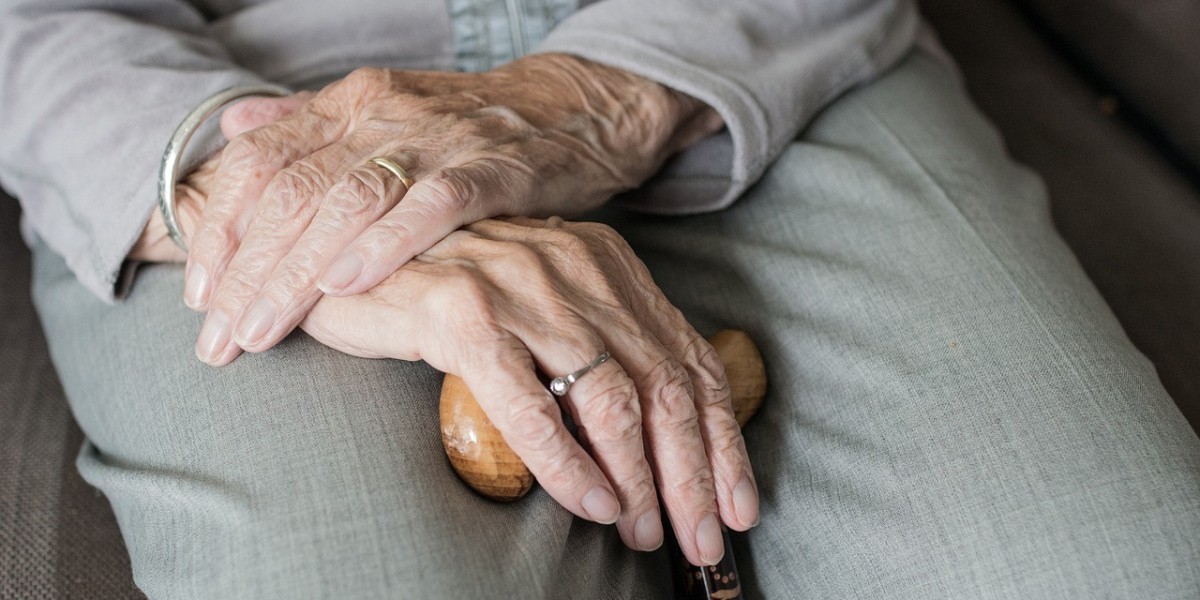When you’re caring for someone with a long-term illness or progressive condition, it’s natural to focus on the day-to-day. Between appointments, medication, and emotional ups and downs, life often feels full enough without having to think about the future.
But when the time is right, talking about what matters most to your loved one — and how they want to be cared for in the future — can be one of the most important and empowering conversations you’ll ever have. That’s where advance care planning comes in.
This guide is here to help you understand what advance care planning is, why it matters, and how you, as a carer or family member, can gently support your loved one through it.
What Is Advance Care Planning?
Advance care planning is a way for someone to record their wishes about how they’d like to be cared for in the future. These wishes can be about medical treatments, care preferences, where they want to be cared for, or who they’d like to speak on their behalf if they can’t make decisions themselves.
It’s not about giving up or assuming the worst. In fact, it’s quite the opposite — it’s about taking control of future care and making sure the person you care for is treated with dignity, compassion, and respect.
Why It’s Helpful
Advance care planning can make a huge difference — not just for the person receiving care, but also for those who support them.
It can:
· Reduce stress and uncertainty for family members and carers
· Help doctors and nurses respect the person’s wishes
· Prevent unwanted or unnecessary treatments
· Reassure your loved one that their voice will be heard
And importantly, it opens the door for honest, meaningful conversations — ones that can bring you closer together and help everyone feel more at peace with what lies ahead.
What Can Be Included?
Advance care planning isn’t one document or process — it’s a collection of preferences that may include:
· A written statement of wishes (about food, daily routine, spiritual beliefs, etc.)
· Advance decision to refuse treatment (ADRT) — a legal document for treatments they don’t want in certain situations
· Lasting Power of Attorney for health and welfare — giving someone the right to make decisions if they can’t
· Resuscitation preferences (often discussed with a healthcare professional)
It’s also perfectly okay to change the plan as things evolve. It’s not a one-time decision — it’s a conversation that can continue over time.
How You Can Help as a Carer
Talking about future care can feel sensitive, especially if your loved one isn’t ready. Here’s how you can offer gentle support:
1. Start with What Matters Most
Rather than diving into medical decisions, begin by asking:
“What’s most important to you if your health changes?”
“Are there things you’d want to avoid?”
“Who would you like to be involved in decisions?”
These conversations don’t need to happen all at once. They can unfold slowly, at the right time.
2. Be a Listening Ear
Your role isn’t to have all the answers — just to listen. Your loved one may need time to explore their own feelings and fears.
3. Offer to Help Record Their Wishes
Some people like to write things down themselves. Others may appreciate help filling out a form or talking to a GP. Ask how they’d prefer to do it, and support them at their pace.
4. Encourage Sharing
If your loved one is comfortable, encourage them to share their preferences with others — family members, healthcare professionals, or close friends — to make sure everyone is on the same page.
It's Okay to Feel Overwhelmed
As a carer, facing these conversations can be emotional. You might feel sadness, worry, or even guilt. But remember: supporting someone through advance care planning is a powerful act of love. It shows respect for their autonomy and helps ensure they are treated in the way they would want.
And you don’t have to do it alone.
Join the We Talk Care Community
At We Talk Care, we understand how heavy these conversations can feel — and how important they are. That’s why we’re here to offer support, understanding, and connection.
Whether you’re just starting to explore advance care planning or are already helping someone put their wishes into writing, our online community is here for you.
Join We Talk Care today and find a place where carers can talk freely, ask questions, and find comfort in shared experience. You are not alone.







